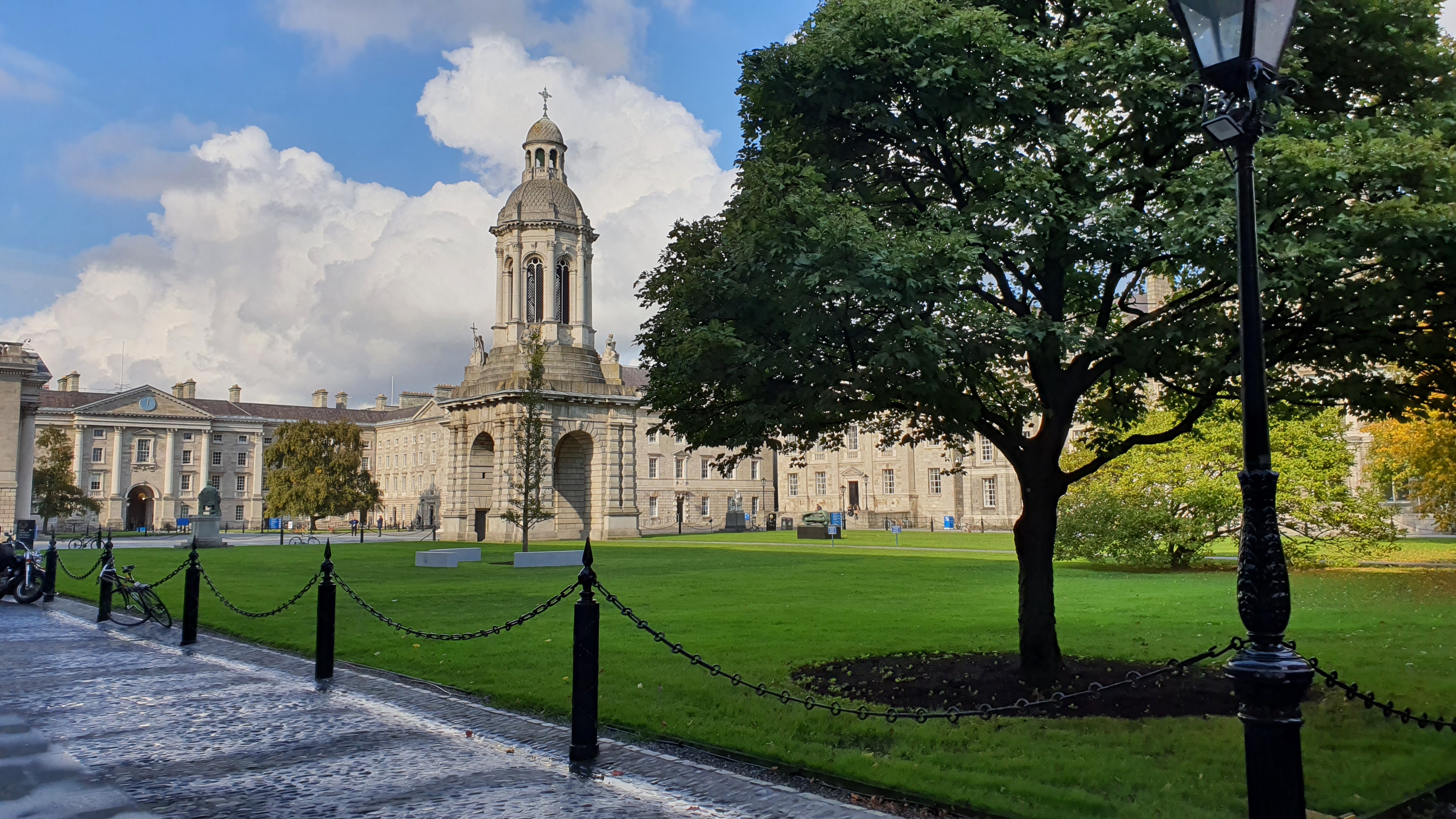A supplemental charter has been formally added to College’s charters, comprising “one of the most significant reforms of Trinity’s structures in decades, if not centuries”.
In an email, Secretary to College John Coman informed staff and students of the implementation of the supplemental charter which amends the governance of College and the composition of the Board.
This change was made in light of the Higher Education Authority (HEA) Act 2022, which was passed by both houses of the Oireachtas on October 5 and officially signed into law by the president on October 12.
The act reforms the composition of governing authorities in universities, with specific arrangements made for Trinity.
The decision to change the charter was made official by the Board and accepted by the Government shortly before the act was passed on October 7.
In getting the supplemental charter passed before the Act was passed, the college retains control over its own governance, as it has had for the last 430 years, since the college’s founding.
Speaking to Trinity News, Professor Neville Cox, who played a leading role in the creation and implementation of the supplemental charter said: “From a legal standpoint, we wanted to keep the precedent that Trinity has its own decision making authority.”
There have been several amendments made to the charter overtime including in 1911 and 2000 that have been added for similar reasons.
Provost Linda thanked the College community for their engagement in the creation of the supplemental charter.
“I want to particularly thank John Coman and Neville Cox who both played a large role in this work,” the provost added.
“I also want to acknowledge the fact that the Government and Minister Harris recognised Trinity’s unique governance structures in the HEA Act 2022, as passed by the Oireachtas, and to thank him and his officials for working with us over the past year.”
Specific provisions were made for Trinity to allow fellows to sit on its Board as additional members, with regard for Trinity’s unique history and structures.
“In Trinity we cherish our governance structures because they respect the importance of a decision-making process that reflects academic values that have served us well over the years.” the provost concluded.
Under the Act and the Supplemental Charter, the Trinity Board will be made up of 25 members that will include one External Chair, (appointed by the Board), the Provost, six Fellows, five Internal Members, three Students’ Union Members, six External Members, (appointed by the Board), and three External Members, (nominated by the Minister for Further and Higher Education, Research, Innovation and Science).
These governance changes will be officially implemented in 2023.






